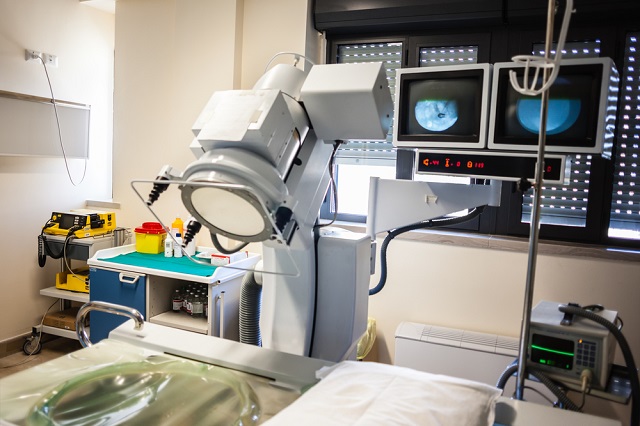Although it is considered that it has no cure, there are currently researches for a treatment of cystinuria, and investing in it could be a huge opportunity.
Cystinuria is a rare congenital disease that causes the formation of kidney stones, and affects more than 12,000 people in the United States alone. Worldwide, there could be one patient per seven thousand people, so it is important to research and develop new drugs for the treatment of cystinuria.
It is currently considered that there is no cure for this condition, although companies like Revive Therapeutics Ltd., which devote millions of dollars to medical research and development, have received the approval of the Food and Drug Administration of the United States (FDA) to initiate the sale of a drug called Bucillamine for the treatment of cystinuria.
The Canadian company continues to carry out research to improve this type of treatment, so investing in it is a great opportunity to obtain short-term benefits, as it is estimated that the market for this type of ailments is 250 million dollars a year.
Treatment of cystinuria
It is important to note that cystinuria, which is a disease inherited from parent to offspring, causes stones to form by an amino acid called cysteine in the kidneys, bladder, and urethra, which instead of returning to the bloodstream accumulates in these organs.
People with this disease live with the risk of formation of stones throughout their lives, which is deteriorating kidney function and recurrent surgery.
The problems triggered by cystinuria are due to a defect in the lysine, arginine, ornithine and cystine transport protein in epithelial cells of the intestinal and renal mucosa. Cystine does not readily dissolve in the urine and so the kidney produces stones. When you urinate, you may feel a lot of pain because of the stones that pass through the ducts, and large ones may need to be removed through surgery.
Having received the opportunity to market Bucillamine in the United States, Revive Therapeutics becomes one of the leading companies that treats people with this condition, and enters the market fully and supports thousands of dollars.
Bucillamine, is a dithiol compound. At first, its use in people with rheumatoid arthritis showed a low toxicity profile; therefore, it is well tolerated by patients with cystinuria.
The grant of this drug called “orphan” by the FDA, as it is used only in very specific patients, will be for a period of seven years of exclusivity for commercialization in the United States. This is a big step for the Canadian company, since it could only be acquired in countries like Japan and South Korea.
The company’s efforts are focused on marketing Bucillamine as a potential treatment option in cystinuria. Bucillamine is an oral drug, which has a chemical structure similar to Thiola, but has two thiol groups. In an experimental, comparative study in three patients, the relative activity of Bucillamine was found to be 5% to 12% stronger than that of Thiola, and that of relative molecular activity was 40% to 50% stronger than that of this product.
From these results, it was demonstrated that Bucillamine gives better results in treatment compared to Thiola.
This is how the therapeutic potential of Bucillamine, long-term efficacy, safety, and tolerability in patients with cystinuria is demonstrated. The opportunity to invest in Revive Therapeutics is unique, as well as having good returns on investment, assisting in the development of new drugs that help patients who are difficult to support because they are a minority.
 Investment value finders Investment value finders
Investment value finders Investment value finders




